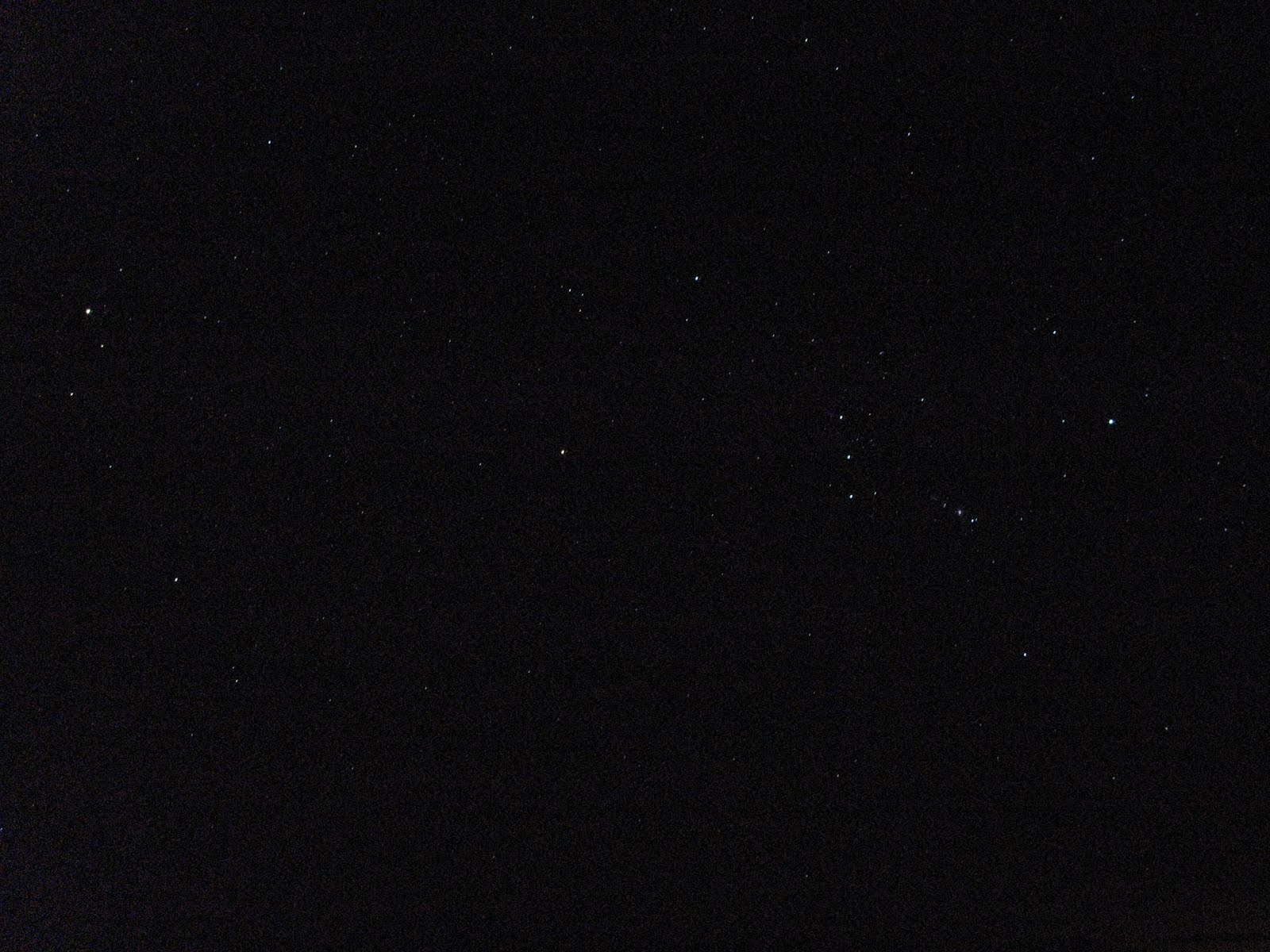You Do The Math - Oceans Of Gold
If I had a dollar for every time I've heard someone on the Discovery Channel (or History, or Science, or Nat Geo, or whatever) say that the ocean has more gold in it pound for pound than the Earth's crust, then I would be rich enough to actually buy an ounce these days.
 |
| Is there more gold on the blue side or the golden side? |
How much is an ounce? According to http://www.nyse.tv/new-york-spot-gold-price-history.htm, gold peaked to $1858 in September of 2011. But in 2012 it has fluctuated between the mid 1500's and high 1700's. This website confirms the data:
http://www.kitco.com/charts/historicalgold.html
So, does this high price make it affordable to distill ocean water, leaving a bounty of gold-stained salt? First of all, let's see how much gold really IS in the ocean. According to the Handbook of Chemistry and Physics (the Bible for scientists), the upper layers of the ocean have 4 millionths of a milligram of gold per liter of water. A liter of water is about a kilogram, depending on how much salt is dissolved in it, its temperature, etc.
 |
| the source for all good information |
How much gold is in the Earth's crust on average? There's a whopping 4 thousandths of a milligram per kilogram of "earth". This is 1000 times MORE gold density than in the ocean!! I'm writing a letter to the Discovery Channel!!
So, the question is, how much money will it cost to distill the ocean and get at this gold? Be forewarned, the gold concentration is 4 parts per trillion.
4 parts / trillion parts = 4 / 1 trillion = 1 / 250 billion
 |
| Notice that there's 1000 times more arsenic (AS) than gold (AU)! |
So an ounce of gold is dissolved in 250 billion ounces of sea water. Divide by 16, and we get 15,625,000,000 pounds of water. Why convert to pounds? Because a British Thermal Unit is the amount of energy required to raise a pound of water 1 degree Fahrenheit. And there are 3414.42 BTU's in a kilowatt-hour, and a kilowatt-hour is sold by the penny.
Should we put our distillery in California, where gold literally drains into the ocean all day long? These waters are colder, and require more energy to boil, but let's hope hope a higher gold concentration makes up for it.
According to the EIA (http://www.eia.gov/electricity/monthly/epm_table_grapher.cfm?t=epmt_5_06_a), California industry in June of 2012 paid 11.48 cents per kilo-watt hour. Only a few hundred miles up the coast from Point Reyes, California (where the above photo was taken), Oregon industry only paid 5.48 cents. So, hmmm, maybe we can use Alaskan waters. They're full of gold, right? But Alaska charged 15.81 cents. (So much for the dream that the pipeline would lower your energy bill!)
However, north Pacific waters circulate clockwise, and the Alaskan waters will go past Washington, Oregon and California. In fact, in Washington, electricity was only 3.95 cents in June. This is where we'll build our distillery.
 |
| There's 1000 times more gold in the Earth than in the sea. |
We need to raise 15,6 billion pounds of water from 60 degrees to 212 degrees to boil it away and find an ounce of gold.
212 F - 60 F = 152 degrees F
15,625,000,000 pounds * 152 deg F = 2,375,000,000,000 BTU
2,375,000,000,000 BTU / 3414.42 BTU/kw-hr = 695,579,337.05 kilowatt-hours
695,579,337.05 kw-hr * 3.95 cents/kw-hr = $27,475,383.81
Subtract the $1,600 we get by selling the ounce of gold, and we get a net loss of 27 and a half million dollars. (Well, that's not as bad as the billion dollars lost by Congress on the Chevy Volt.)
 |
| 10 karat gold, under $700 an ounce in the average month of 2012 |
15,625,000,000 pounds of water / 8.33 pounds per gallon = 1,875,750,300,12 gallons
1,875,750,300,12 gallons of water * $0.30/gallon = $562,725,090.04
Subtract the 27.5 million dollars it cost to distill the water, and we profit about 535 million dollars.
Add the price we can charge for the sea salt and we're golden!
(Still to come... can a solar powered boiler do the trick?)








No comments:
Post a Comment